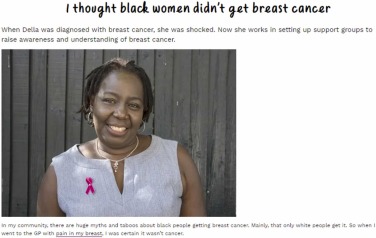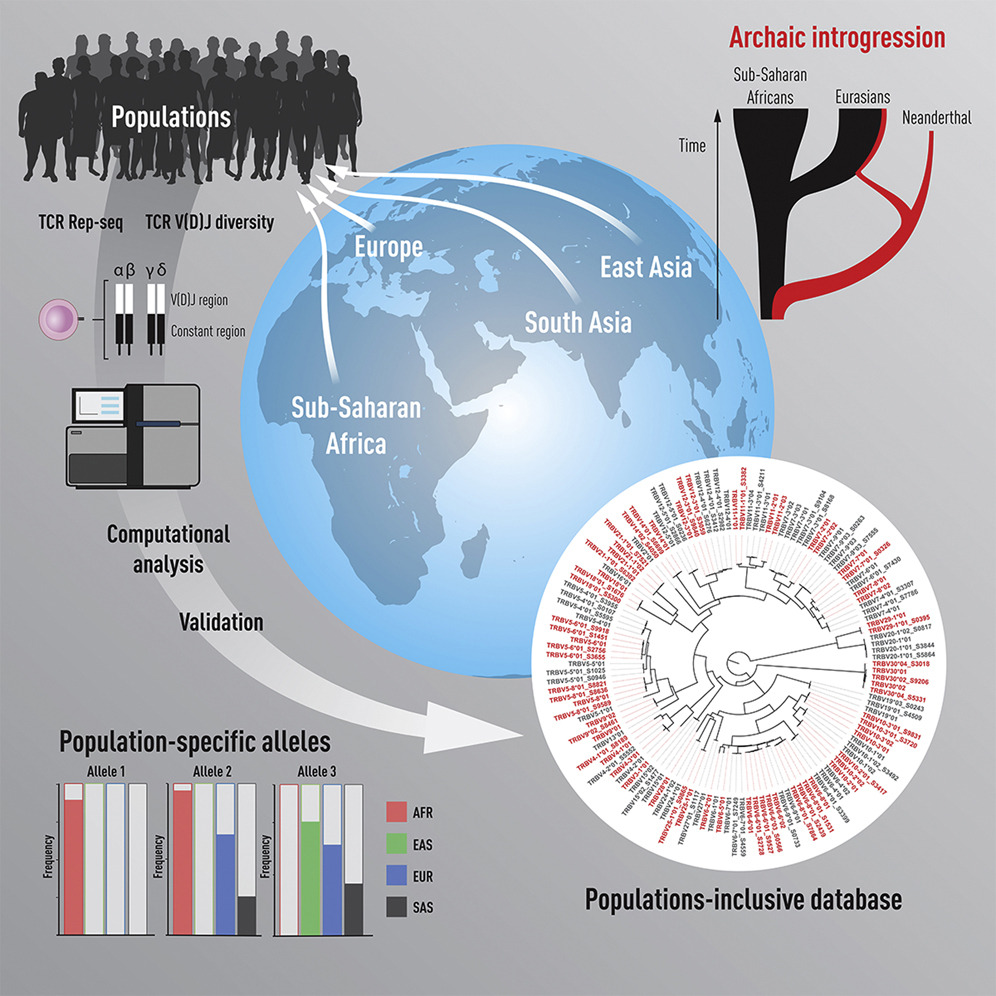Diversity and inclusion are essential tenets of the Sustainable Development Goals (SDGs), a set of global objectives designed to address various social, economic, and environmental challenges. These concepts are not only integral to specific SDGs but also permeate the entire framework, emphasizing the need for equitable and inclusive approaches in all aspects of development.
SDG 10 (Reduced Inequalities) and SDG 5 (Gender Equality) are directly connected to the principles of diversity and inclusion. SDG 10 aims to reduce inequality within and among countries. This involves taking measures to ensure the social, economic, and political inclusion of all, regardless of age, sex, disability, race, ethnicity, origin, religion, or economic or other status. It calls for the elimination of discriminatory laws, policies, and practices, providing equal opportunities and reducing disparities, particularly for the most vulnerable and marginalized groups.
SDG 5 focuses on achieving gender equality and empowering all women and girls. This goal underscores the need for ending all forms of discrimination against women and girls everywhere, and it involves various targets including the elimination of violence, ensuring women's full participation in leadership and decision-making, and guaranteeing equal rights to economic resources. By promoting gender equality, SDG 5 directly contributes to the broader objective of creating inclusive societies.
Furthermore, diversity and inclusion are crucial in achieving SDG 4 (Quality Education), which aims to ensure inclusive and equitable quality education and promote lifelong learning opportunities for all. This involves addressing disparities in access to education and ensuring that vulnerable populations, including persons with disabilities, indigenous peoples, and children in vulnerable situations, receive equal opportunities for education. Inclusive education is a foundation for building more inclusive societies, as it prepares all individuals to participate fully in their communities and economies.
SDG 8 (Decent Work and Economic Growth) also embodies the values of diversity and inclusion. It promotes sustained, inclusive, and sustainable economic growth, full and productive employment, and decent work for all. This includes advocating for equal pay for work of equal value, promoting safe and inclusive working environments, and reducing the gender pay gap. By ensuring that all individuals have access to decent work opportunities and are treated fairly in the workplace, SDG 8 plays a pivotal role in advancing inclusive economic growth.
The pursuit of diversity and inclusion is indispensable for realizing the vision of the SDGs. These principles are not confined to specific goals but are woven throughout the entire framework, reflecting the understanding that a fair, sustainable, and prosperous world can only be achieved when all individuals, regardless of their background or circumstances, have the opportunity to contribute to and benefit from development. The SDGs recognize that addressing inequalities, empowering marginalized groups, and ensuring inclusive participation are essential for sustainable development, and they call on all stakeholders, including governments, businesses, civil society, and individuals, to work towards these objectives.
The Thinking Healthcare System: Artificial Intelligence and Human Equity, 2023, Pages 99-129
Clinical Decision Support and Beyond (Third Edition): Progress and Opportunities in Knowledge-Enhanced Health and Healthcare, 2023, Pages 715-725
Emerging Practices in Telehealth: Best Practices in a Rapidly Changing Field, 2023, Pages 131-140


